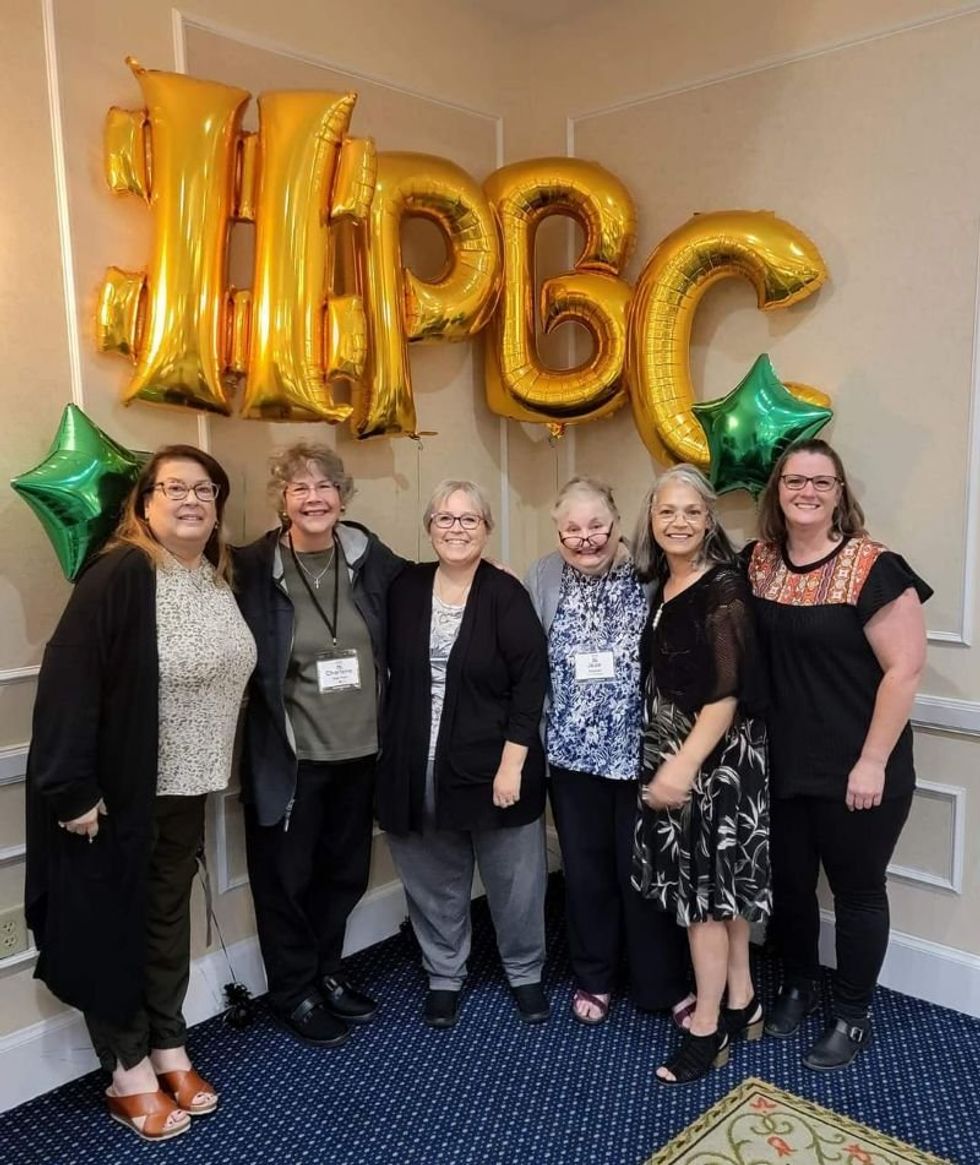
As is told Erica Rimlinger
In my annual physique in the spring of 2002, my blood analysis was not entirely correct. «His liver function is not great,» said the doctor. «We will give him another year, and if he is still off, we will do something about it.» I didn’t think much about that. I had no symptoms that were worth pointing. I was tired, of course, but not most people?
The following year, when my blood analysis seems suspicious again, my doctor called me and left me a message at work, saying that I wanted to prove me for hepatitis. He was surprised and more than a bit confused: he had no risk factors. I was sure my doctor was wrong.
A few months later, I changed work. I had to wait for my new health insurance to begin, and I didn’t have enough disease time to take work time to go to the doctor anyway.
But health problems do not always care about their insurance or availability of illness. One day in my new job, I had a gastric attack that kept me in the bathroom for 45 minutes. There was so much blood that I thought I should have been bleeding internally.
Once I composed enough to return to my desk and call my doctor, I had to ask my new co -workers: «Can anyone take me to the hospital?» Panics occurred. After discussing who had the keys, which hospital was there who was going to call my parents, a co -worker screened his car to the front of the building and took me, quickly and, sometimes, in the wrong direction, to the hospital. I tried to keep calm in the middle of chaos, but inside, I was panic.
In the hospital, the tests did not reveal clues about the source of the attack. They told me to make an appointment with a gastroenterologistA GI doctor. I saw him the week before Christmas, and he told me that he thought he had primary biliary or PBC cholangitis. As part of the diagnosis, the doctor ordered a liver biopsy To confirm this and said that in his 30 years he practicing medicine, he had only seen another person with this condition.
What was PBC? My mother and I sat crying in the car outside the doctor’s office, searching the Internet on our phones. I read that a liver transplant could require and that PBC could shorten my useful life. I didn’t know if I was going to live or how long. We did not tell anyone, except my husband, until after the holidays. I didn’t want to ruin Christmas.
The biopsy confirmed that I had PBC, and I began to take a medication that would be the only PBC treatment available to me for many years.
Some people have symptoms that lead to their diagnosis of PBC, but I did not. However, after they diagnosed me, I began to experience severe diarrhea, which makes my normal daily activities impossible. A memorable fact found me crouched under an umbrella under the torrential rain on the side of a road. With the help of my husband and my family, I dealt, eventually developing systems and tools to make me pass. With the hope of improving my health, I had gastric bypass surgery in 2007, believing, unreally, that weight loss would help with all my liver problems. He did not.
 2022
2022
I stopped investing my energy in illusions and realized that I needed live With my diseases, not just survive. I started with my next secondary school meeting. In high school I had been an Alhelí: I did not participate in activities and kept for me. But today I realized that this person needed to change. I offered as a volunteer to help plan the meeting, and the meeting committee awarded a new award that year: the Butterfly Prize. I won it because I had finally left my chrysalide. I knew I was on the right path.
I started the defense work, which I still do today. Every February, I go to Capitol Hill to advocate rare diseases. My goal is to call every year every year until there are more rare diseases to cure.
After a while, the PBC medication that I had been taking for many years stopped working as well as it had been, and my blood analysis began to demonstrate that my liver function was worsening. My gastroenterologist retired, but through networks with other people living with PBC, I found a doctor who put me in a new medication that turned out to be a good option for me.
Then, the FDA took some steps that affected my ability to obtain the medication. My new defense and lobbying skills reached the rescue when I later tested before the FDA on behalf of the medicine. After the audience, the FDA established steps that the medication available would maintain. They had heard me.
My experience with a rare chronic disease has taught me to find something good in everything bad. Today, I have hopes of new developments that will come with a better understanding of the disease. I want more people with PBC to know they have treatment options. There is no cure, that’s true, but you can Make plans.
You can live a life and be a complete person, not a statistic. I have PBC, but I am not PBC, and I am not defeated by that. Treating a rare chronic disease has helped me to discover a belief in myself that I never knew.
This educational resource was created with Gilead’s support.
Do you have your own real women, real stories that you want to share?Let us know.
Our real women, real stories are the authentic experiences of real life women. The opinions, opinions and experiences shared in these stories are not backed by healthy women and do not necessarily reflect the official policy or the position of healthy women.
Of the articles of your site
Related articles on the web






